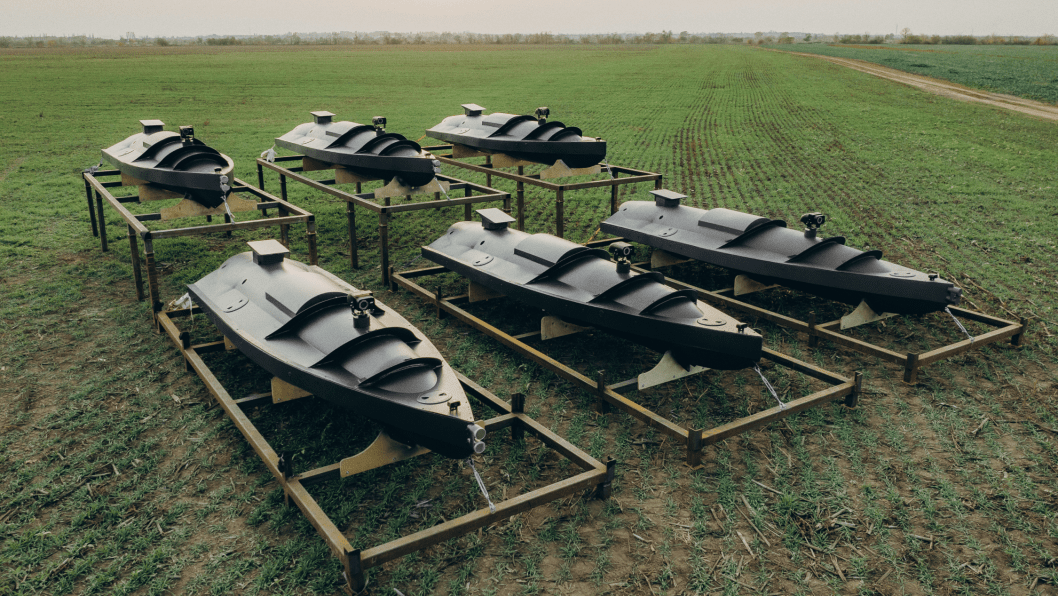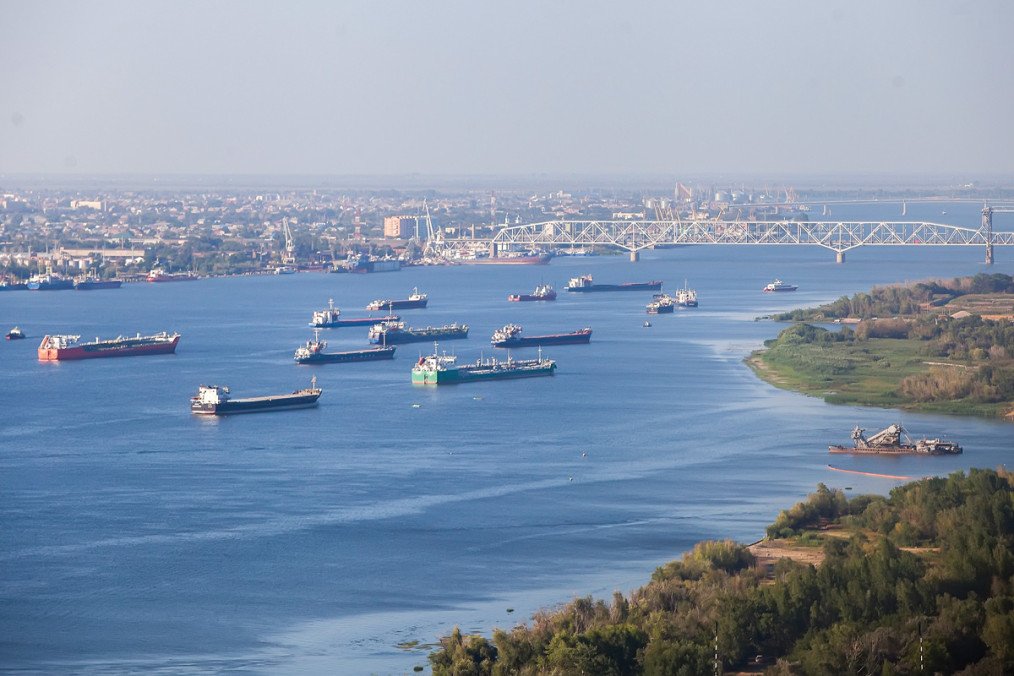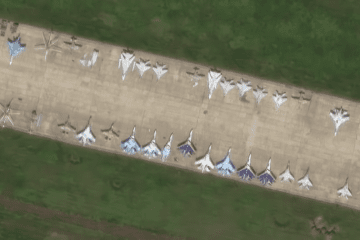An Iranian company is seeking to become the sole owner of a key terminal at Russia’s Caspian Sea port in Astrakhan, which has traditionally served as a route for grain exports to Iran.
According to Reuters, citing a statement by the company operating the terminal, Iran’s Nasim Bahr Kish already holds a majority stake in the publicly traded Astrakhan Port—53.66% of common shares and 51.29% of preferred shares.
It has now submitted an offer to acquire the remaining shares, including a 25% stake previously owned by the Russian government.
The proposed buyout would cost approximately 437.5 million rubles (approximately $5.5 million) based on the offered price.
The Astrakhan Port terminal handles shipments of agricultural products, metals, timber, and fertilizers. Although the company has not disclosed operational volumes, Reuters estimates that 275,000 tons of grain were exported through the terminal during the 2023/2024 season. In the current 2024/2025 season, only 139,500 tons were shipped by May, with no reported exports in May.
-3d828e5c5516bcde365c57e0cd1dd194.jpg)
The broader volume of Russian grain exports via Caspian routes totaled 3.7 million tons last season and 1.6 million tons so far this season.
Russian authorities introduced zero export quotas on barley and corn in the second half of 2025, significantly reducing shipments to Iran. These two crops had previously formed the core of Russia’s grain exports to Iran via the Caspian.
Despite fluctuations in Iranian wheat imports last year due to a strong domestic harvest, demand rose toward the end of 2024. Those shipments were routed mainly through Black Sea ports.
Looking ahead, analysts expect a rise in Russian barley and corn exports to Iran during the upcoming 2025/2026 season, which begins in July. According to estimates from Rusagrotrans, a leading Russian railway operator, shipments via Caspian ports could increase to 3.6 million tons, up from 2.6 million tons the previous season.
Earlier, Iran’s parliament approved a 20-year strategic cooperation pact with Russia, formalizing long-term military and economic collaboration. The agreement includes provisions for joint exercises, arms transfers, and coordination on global policy, and aims to reduce reliance on Western financial systems.




-111f0e5095e02c02446ffed57bfb0ab1.jpeg)


